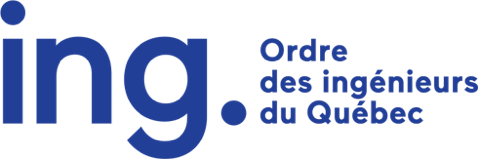The Engineering Act specifies that only members of the OIQ may engage in activities reserved for the profession and use the title of “engineer” (including its abbreviation, “ing” or “Eng.”). The OIQ has the power to enforce the law and can prosecute those who violate it.
Monitoring unlawful practice is one of the mechanisms the OIQ uses to protect the public.
Unlawful practice can take many forms. Here are the most common ones:
Whether intentional or unintentional, these violations compromise public safety. For this reason, they are punishable by a fine.
Our prevention consultants regularly visit private and public organizations under the authority of the Engineers Act. The consultants provide these organizations with tools and information on the requirements of the laws and regulations governing the practice of the profession.
To organize a training session adapted to your organization, please contact us.
The OIQ makes unannounced visits to construction sites throughout the province.
During these random visits, our inspectors:
The inspector’s ’s objective is not to control the quality of the work, but any situation deemed dangerous will be reported to the appropriate authorities (such as the CNESST).
Also, the inspector may take photographs or request information and documents on a project or works in the process of being carried out. Anyone present on the work site must cooperate or face penalties or fines.
The OIQ investigates reports of illegal practice and may, if necessary, prosecute offenders with fines ranging from $2,500 to $62,500 for an individual and from $5,000 to $125,000 for a corporation.
Some of the changes made to the Engineering Act on September 24, 2020, directly affect municipalities. To assist cities in decision-making, the OIQ has created guides on essential issues affected by the legislation, including culverts, buildings, waterways, and retaining walls.
See our Decision Support Tools publication (in French) for full details and consult the guides created by the OIQ.
If you want to verify that a person is a member of the OIQ and can use the title, consult our membership directory.
You can also access the list of individuals and companies found guilty of illegal practices by the courts.
Check out our reporting page. It explains the nature of a report and its process. If necessary, you can fill out the form and send it to the OIQ.

